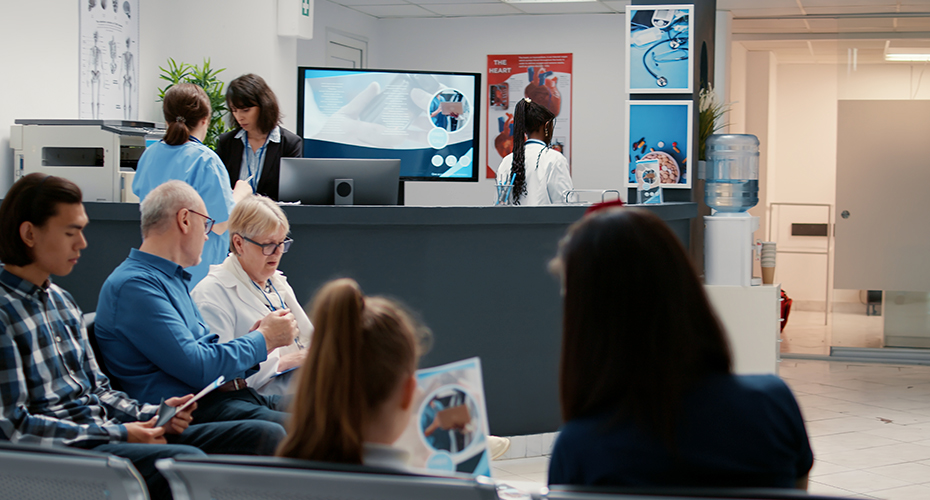Jun 27, 2024
Where to find urgent care if you need it this summer
As many hospitals struggle with staffing crunches and long waits this summer, clinicians are offering alternatives to crowded emergency rooms, whether you’re on the road or at home.
Across the country, hospitals are reporting unusually long waits and overflowing waiting rooms, with emergency departments occasionally so overwhelmed they are forced to treat patients in hallways.
“The good news is, the health care system is offering people more choice when it comes to urgent care for less serious health care needs,” notes Dr. Ashley Yeats, a physician who is vice president of medical operations for Blue Cross Blue Shield of Massachusetts. “Your local hospital’s ER should be reserved for the critically ill and injured.”
Many hospitals, physicians’ offices and even health care plans like Blue Cross offer an array of options for people who need after-hours or urgent care.
What if I am worried about a health issue?
- First, call your primary care provider. “For urgent care, your first choice should be to consult with your primary care provider,” said Deb Vona, vice president, clinical operations for Blue Cross. “Many have extended office hours, are open on the weekends, and have clinicians who can offer guidance 24/7 simply when you call their main office number.”
- Learn about resources offered by your health plan. For example, Blue Cross offers members access to a 24/7 live nurse care line -- the number is on the back of their member card. Members can speak to a registered nurse for free, ask questions and get advice, including if a middle of the night trip to the emergency room is needed for a sick loved one.

- Consider virtual urgent care, which has become more accessible since the COVID pandemic. Blue Cross members have access to Well Connection, a nationwide telehealth care provider that offers medical and mental health care by phone or via video.
- If you have a virtual primary care provider, you have access to a variety of online or in-person options. For example, Blue Cross’ network includes innovative clinical groups such as Carbon Health, a national provider with five locations in Massachusetts that accepts walk-ins and offers same-day appointments for urgent needs. Additional services include primary care, direct messaging with care teams, and virtual visits. The network also includes Firefly Health, a virtual-first primary care practice that sees patients through video and chat and connects them to the right in-person care options whenever needed. In addition to primary care visits, Firefly’s patients get access to same-day virtual visits for urgent issues, with clinicians who will respond within 60 minutes of inquiry.
- Check out in-person urgent care centers. Most are open seven days a week and many take insurance, but check first to see if you are covered. In Massachusetts, a wide range of centers, some run by hospitals, are available across the state. For example, South Shore Health and Mass General Brigham -- which are among the hospitals that have reported overcrowded emergency rooms in recent months -- both offer their own system of convenient urgent care centers.
When is a symptom an emergency?
A trip to the emergency room of your local hospital is warranted if a person is experiencing:
- Chest pains or trouble breathing.
- Serious burns or cuts, especially if there is uncontrolled bleeding.
- Slurred speech, weakness, or numbness on one side of the body.
- Fainting or changes in mental state.
- Head or eye injuries.
- Persistent vomiting or diarrhea
Yeats recommends calling 911 immediately if a person is unconscious or otherwise unresponsive, bleeding heavily, or unable to move after a traumatic event like a bad fall or car accident.
Your local hospital’s emergency department is designed and staffed to treat life-threatening conditions. Unless you have a serious injury or medical condition, you should avoid the ER or you will likely wait a long time to be seen. We’re fortunate to have a wide range of alternatives for more minor issues these days,

Dr. Ashley Yeats.
Did you find this article informative?
All Coverage content can be reprinted for free.
Read more here.

